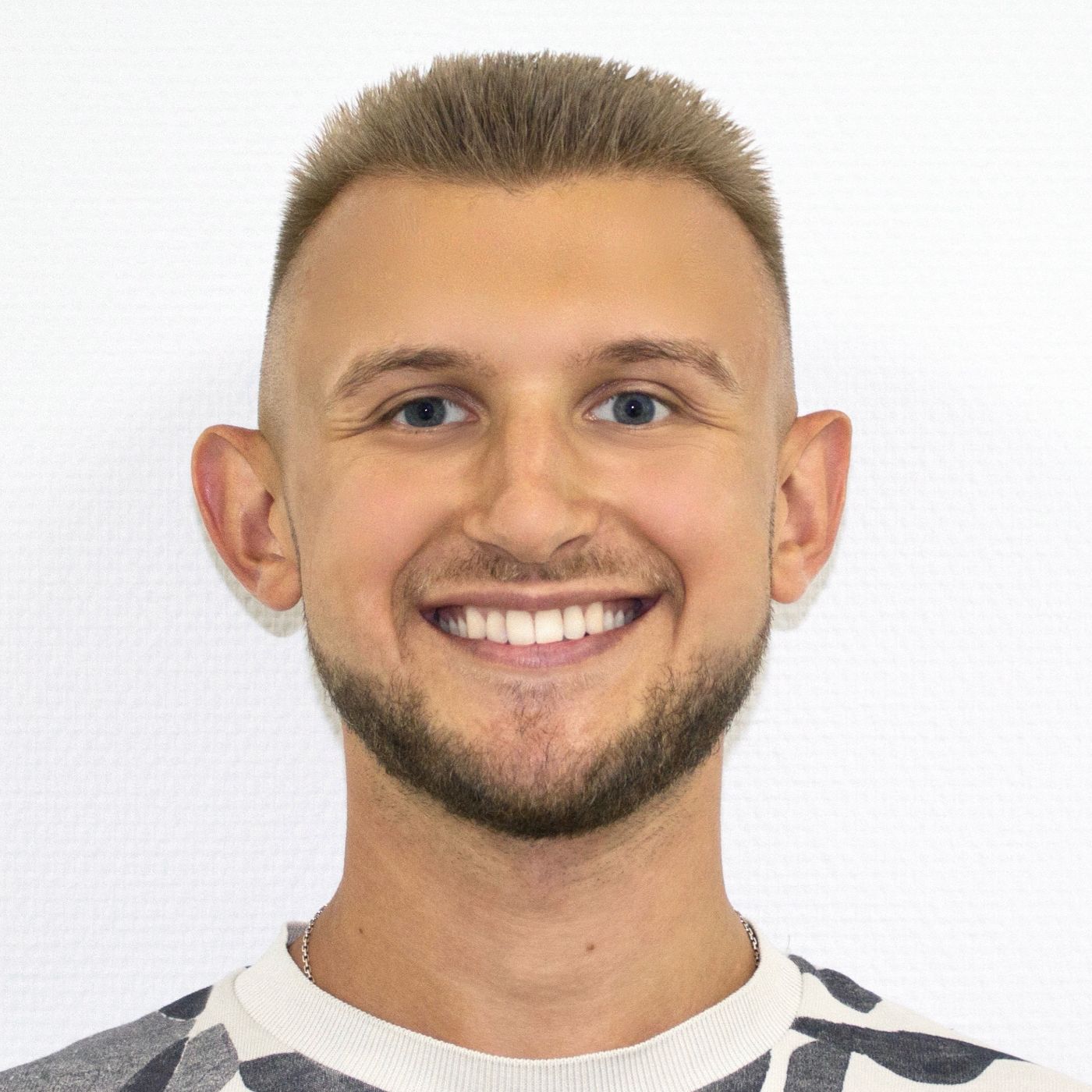122,167 reads
Soft Skills Of The IT Future — What Will Set You Apart?
by
May 9th, 2023
Audio Presented by

Architect, Lead Developer & Engineering Manager from Oxagile with 10+ years of experience. Mentor. IT Awards & Hackathons Jury
Story's Credibility



About Author
Architect, Lead Developer & Engineering Manager from Oxagile with 10+ years of experience. Mentor. IT Awards & Hackathons Jury
